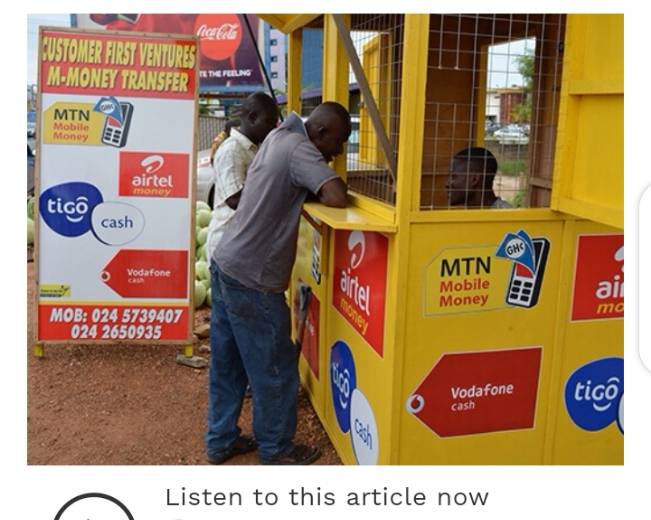This blog article explores the pros and cons of the introduction of an electronic levy on the ecosystem, looking at peer countries that have introduced similar measures and including an assessment of the effects that this may have on uptake and usage of digital financial services (DFS).
On 17th November 2021, the Minister for Finance announced during the presentation of the 2022 Budget Statement and Economic Policy of Government to the Parliament of Ghana, the introduction of an “Electronic Transaction Levy” or “E-Levy” of 1.75 percent on electronic transactions above GHs 100 (US$16) per day to take effect from 1st February 2022. The levy will be applied to mobile money payments, bank transfers, merchant payments, and inward remittances (MoF 2022 Budget Highlights). In March 2022, Ghana's Parliament approved the bill with 1.50 percent taxation on electronic money transfers.
All charges will be borne by the sender except in the case of inward remittances where the charge will be borne by the recipient. According to the Finance Minister, the country’s total digital transactions for 2020 were estimated to be over GH¢500 billion (about US$81 billion) compared to GH¢78 billion (US$12.5 billion) in 2016. As a result, Government is projecting to rake in tax revenue of about GH¢6.96 billion (US$1.1 billion) in 2022, and about GH¢26.90 billion (US$4.5 billion) from 2023 to 2025 after the implementation of the electronic transaction levy to help widen the tax net and rope in the informal sector (PwC 2022 Budget Digest).
This announcement has led to different reactions from the industry’s stakeholders, with some of them supporting the tax introduction as a way to collect public revenues while others criticizing such measure and its negative impact on digital payments and on the digitization journey that Ghana is championing. Ghana’s GDP contribution led by the Services sector, accounted for an average share of 51.9 percent first half of 2021 with the majority coming from the Information and Communication sub-sector, thus making a compelling case for Government to review that sector in its bid to generate more revenue. However, many analysts have said that government needs to explore multiple sources of tax revenue than to target a big source of its revenue from taxing electronic transactions.
UNCDF maintains a neutral role within the ecosystem and only aims at anticipating potential effects that policy regimes may have on Digital Financial Services (DFS). As UN entity, UNCDF does not interfere with Parliament's decisions but rather stands with governments to provide support and accompany them in the implementation of their agendas while leaving no one behind. This blog article intends to explore the pros and cons of the introduction of such e-levy on the ecosystem, looking at peer countries that have introduced similar measures and including an assessment of the effects that this may have on uptake and usage of DFS.




No comments yet
Be the first to share your thoughts!